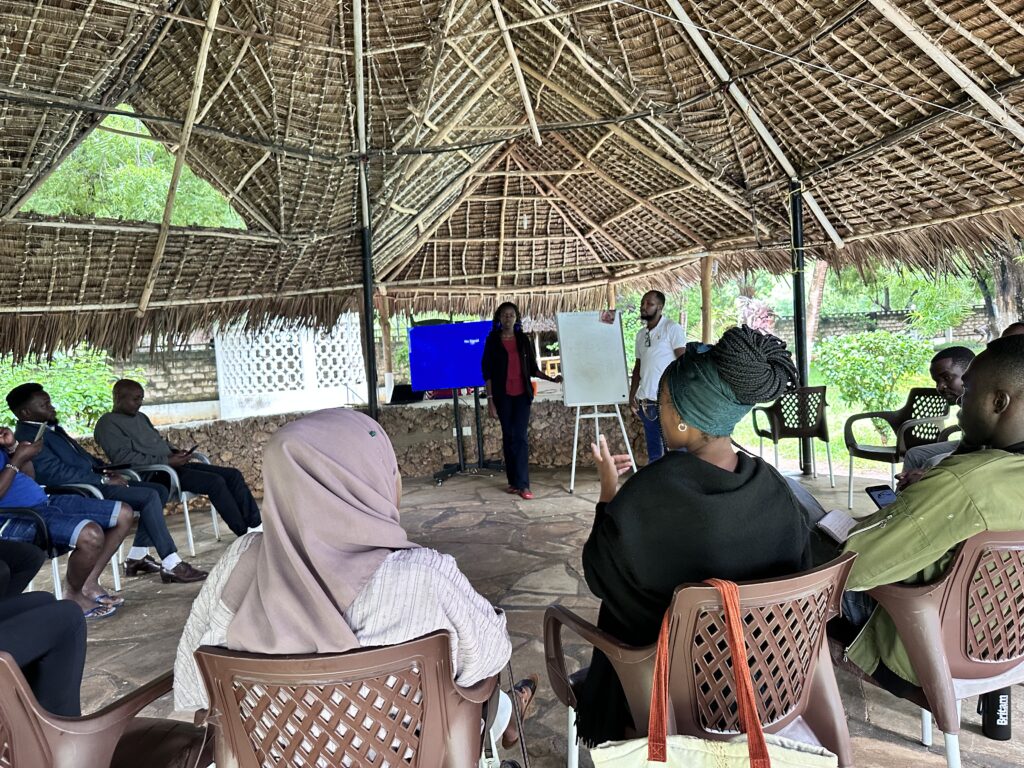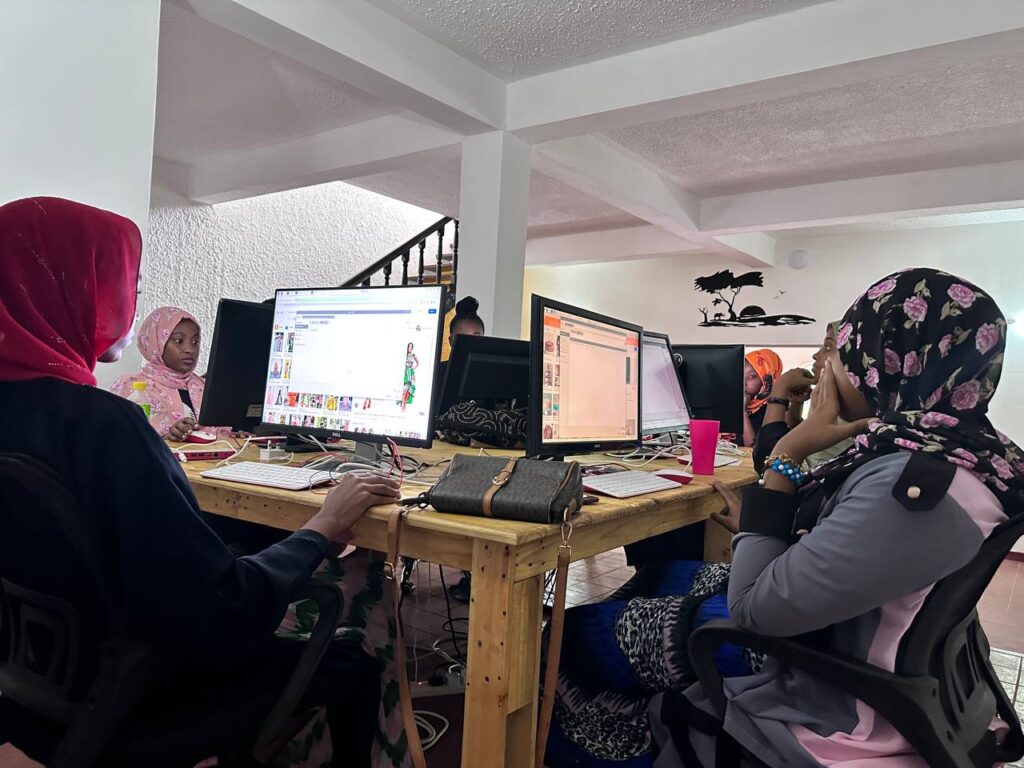The Dilemma of CBOs in the Age of Social Media.
In the heart of Kilifi County, along Ngowe Road, you’ll find Maono Space, a place where change takes root. Maono Space is a hub for community-based mobilizers and organizers, a place where we empower those who often go unnoticed, giving them the tools to build networks, hone their skills, and ignite a movement for real change in the community. Our mission at Maono Space is simple yet profound: to support Community-Based Organizations (CBOs) in Malindi by equipping them with the skills and tools they need to run their organizations effectively. We do this through capacity building and a unique approach called Nolewa. Within our space, these organizations come together, collaborating and sparking collaboration among CBOs. My role within the Maono Space family is to provide tech support. I’ve had the privilege of working with around 15 CBOs, each with their own story and vision. My journey began with building websites for these organizations, aiming to give them an online presence and a voice. However, I soon encountered a significant challenge. I discovered that many of these CBOs had not documented and shared their incredible work with the world. Despite their dedication spanning over a decade, they remained hidden, their voices unheard, and their stories untold. This silence created a painful gap between their innovative solutions, their progress, and the rest of the world. The pressing question was, “How can marketing benefit these CBOs?” The answer is clear and transformative. Firstly, marketing provides visibility. Without a platform to share their stories, these dedicated organizations remain in the shadows, unable to showcase the remarkable work they’ve been doing. Their achievements and innovative solutions, cultivated through years of hard work, remain concealed. Secondly, visibility opens doors to funding and resources. When the world knows about the incredible work these CBOs are doing, it creates opportunities for financial support. With more resources at their disposal, they can expand their impact, scaling their initiatives to new heights. So, how can marketing and communication initiatives make this difference? It’s simple yet profound: The power of storytelling, of putting their work out there, is immeasurable. It doesn’t just change the destiny of these CBOs; it enriches the communities they serve. In my opinion, it’s essential to support these CBOs on their journey toward visibility and effective communication. This support should encompass not only marketing and communications but also the simple act of documenting their work. By sharing their stories, photos, and experiences, they can bridge the gap between their transformative work and a world that’s eager to learn about it. It’s time for Kilifi County’s unsung heroes to step out of the shadows and shine. Let’s empower these organizations with the means to showcase their incredible work because their voices, missions, and communities deserve to be seen, celebrated, and supported.


